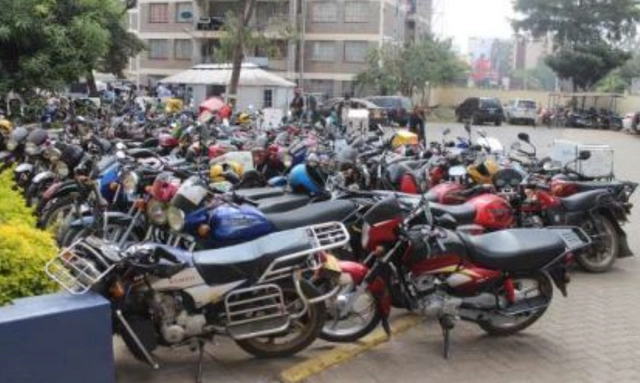Boda Boda operators across Kenya have strongly opposed a proposed law they claim would devastate their livelihoods and destabilize the motorcycle transport sector. The Public Transport (Motorcycle Regulation) Bill (Senate Bill No. 38 of 2023), sponsored by Kakamega Senator Boni Khalwale, has been described as “punitive, retrogressive and detached from the realities of daily life” by the Boda Boda Safety Association of Kenya (BAK).
Speaking before the Parliamentary Committee on Transport and Infrastructure, BAK President Kevin Mubadi led a passionate rejection of the Bill. “This Bill does not bring safety, it brings suffering. It does not protect livelihoods it threatens to wipe them out,” said Mubadi, accusing lawmakers of criminalising poverty.
At the core of the association’s objections are proposals that would increase the cost of operations and create new bureaucratic burdens. One of the most contested provisions is the creation of 47 county-level Motorcycle Transport and Safety Boards, despite the existence of the National Transport and Safety Authority (NTSA). BAK argues that this duplicative registration would fuel extortion and confusion.
“Why should riders register twice, pay twice, and verify twice? This is not regulation, it’s exploitation,” Mubadi added.
Further, the Bill requires riders to join SACCOS, a move BAK sees as a violation of freedom of association. Riders also object to mandatory GPS trackers, specific-colour safety gear, and formal employment contracts between riders and motorcycle owners, citing high costs and impracticality.
BAK has also rejected a clause limiting boda boda load weights to 50kg, warning it would cripple transport in rural areas. “A sack of maize is over 90kg. Are we criminalizing food delivery now?” asked Mubadi.
The association insists that instead of new layers of control, the government should facilitate a stakeholder-driven reform of the Traffic and NTSA Acts. Representing over 1.2 million riders, BAK stressed that any regulatory changes must protect livelihoods, not destroy them.
They now call on Parliament to halt the Bill and open inclusive consultations to create practical and fair reforms for the sector.

